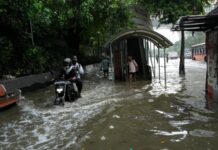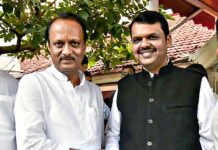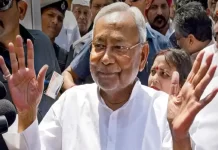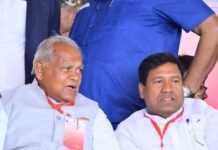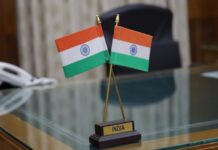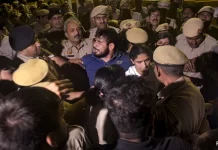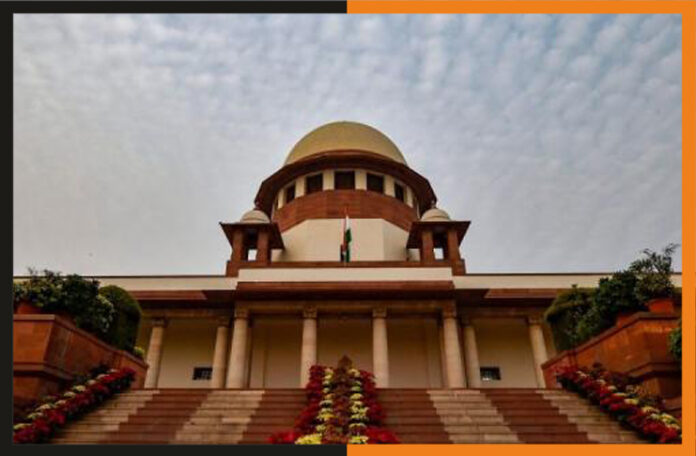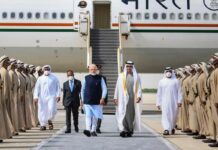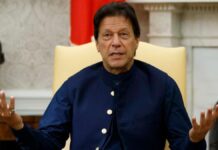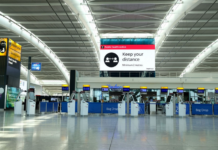On Thursday, the Supreme Court cited a meeting at the headquarters of Tablighi Jamaat in Delhi in March that was responsible for a spike in Covid-19 infections and asked the Centre what guidelines were in place to avoid a similar scenario at the protest sites for farmers. Within two weeks, it released a notice requesting the Centre’s reply.
“This same problem is going to arise during the farmer protest. We do not know if farmers are being protected from Covid. What guidelines have you issued for prevention of such things,” a three-judge bench asked Solicitor General Tushar Mehta. “Have you learnt from your experience in handling this [Jamaat] event? Have you found out how it happened?”
Mehta, who appeared at the Centre, told the bench that the Jamaat gathering probe was still on. He added recommendations from Covid-19 with respect to broad meetings and requested two weeks to file a response.
At Delhi’s boundaries, farmers were demonstrating against the three farm laws implemented in September to liberalize the industry. The reforms will leave them at their mercy, they add,
The bench was hearing public interest lawsuit by Jammu-based lawyer Supriya Pandita for a Central Bureau of Investigation probe into the Jamaat meeting. The petition emphasized the need for recommendations at the time of the pandemic to prevent such events from causing public health harm.
The lawyer for Pandita, OP Parihar, quoted the Jamaat meeting and added that Maulana Saad, the group’s leader not been arrested yet.
The bench said it is not interested in one person. “We are interested in ensuring Covid guidelines are prepared and implemented.”
Last month, a Delhi court acquitted 36 foreign nationals accused of breaching the Covid-19 protocol by attending the Jamaat function, saying the prosecution had failed to show that the allegations against them had been brought against them. In August, 29 foreigners and five Indians facing related charges were tried by the Bombay High Court.. “A political government tries to find a scapegoat when there is pandemic or calamity, and the circumstances show that there is probability that these foreigners were chosen to make them scapegoats,” the court had said. “The material of the present matter shows that the propaganda against the so-called religious activity was unwarranted.”
The Jamaat hit the headlines in March when the authorities blamed the rally at its headquarters in the Nizamuddin area of New Delhi for the rise in infections with Covid-19. The headquarters were locked and thousands of attendees were quarantined, including foreigners from countries such as Indonesia, Malaysia, and the US. Initially, police lodged a complaint against Saad for breaking a ban on massive gatherings.
he Jamaat, which has supporters in over 80 countries, maintained that many tourists were stuck at its headquarters after the government announced a lockout to contain the spread of the pandemic. Around 1,500 foreign Tablighi members were blacklisted by the Centre for breaching their visa requirements and several lawsuits were registered across the country against them.










